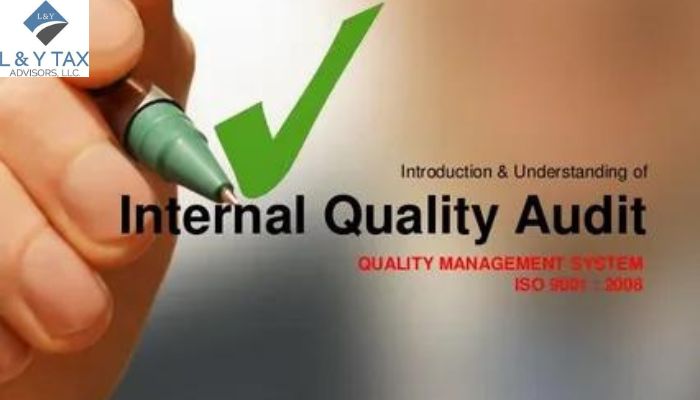
What is a Quality Auditor?
Have you ever wondered how different businesses certify the high caliber of their goods and services? Is it all because of the high competencies of their quality auditors? But what is a quality auditor, and how can you become one?
Quality auditors are mandatory to safeguard the authenticity of your services. They:
- Evaluate manufacturing processes
- Examine goods and services
- Pinpoint areas in need of development
Many industries employ quality auditors, including manufacturing and software development. They play a fundamental part in protecting quality regardless of whether the Bureau of Labor Statistics expects a level of business development because of the decrease in product manufacturing.
How to Become a Quality Auditor?
A high school degree or a general educational development (GED) is necessary to fully grasp what is a quality auditor and the path to becoming one.
However, the real game-changer for your CV is the Certified Quality Auditor (CQA) certification. It validates your expertise in the field.
Essential qualities include:
- A keen eye for detail
- Familiarity with ISO standards
- Invaluable experience gained from working in quality assurance roles
This experience is a significant asset that will set you apart in the field of quality auditing.
Read about the IRS & state audit representation.
Quality Auditor Duties and Responsibilities
A quality auditor’s responsibilities include the following:
Participating in Quality Control Audits: This includes examining goods to ensure they fulfill requirements and testing their functionality.
Supervising a Team of Inspectors
Professional quality auditors can organize agendas, delegate responsibilities, and monitor the work of groups of inspectors.
Creating Testing Parameters
They define a ‘good’ product and provide guidelines for spotting flaws. Also, they instruct staff members about quality standards.
Writing Assessments
Following audits, they record their results, highlighting any problems found and offering suggestions for improvements.
Essential Skills for Quality Auditors
Quality auditors must pay close attention to detail while examining products and processes to spot inconsistencies.
Big-Picture Thinking
To identify opportunities for improvement, they must examine every step of the production process.
Problem-Solving Skills
Recognizing problems and coming up with fixes are essential components of the work.
Prioritization and Multitasking
Quality auditors balance conflicting priorities and manage various activities.
People Skills and Leadership
Effective communication, delegation, and the capacity to offer constructive criticism are essential for supervisors.
The Bottom Line
Knowing what is a quality auditor and hiring one is a must-have knowledge to ensure the success of your business. These experts are essential to maintaining the quality of your goods and services. If you have an excellent eye for detail and a passion for problem-solving with strong analytical skills, a career in quality auditing might be right for you!
Read More:


